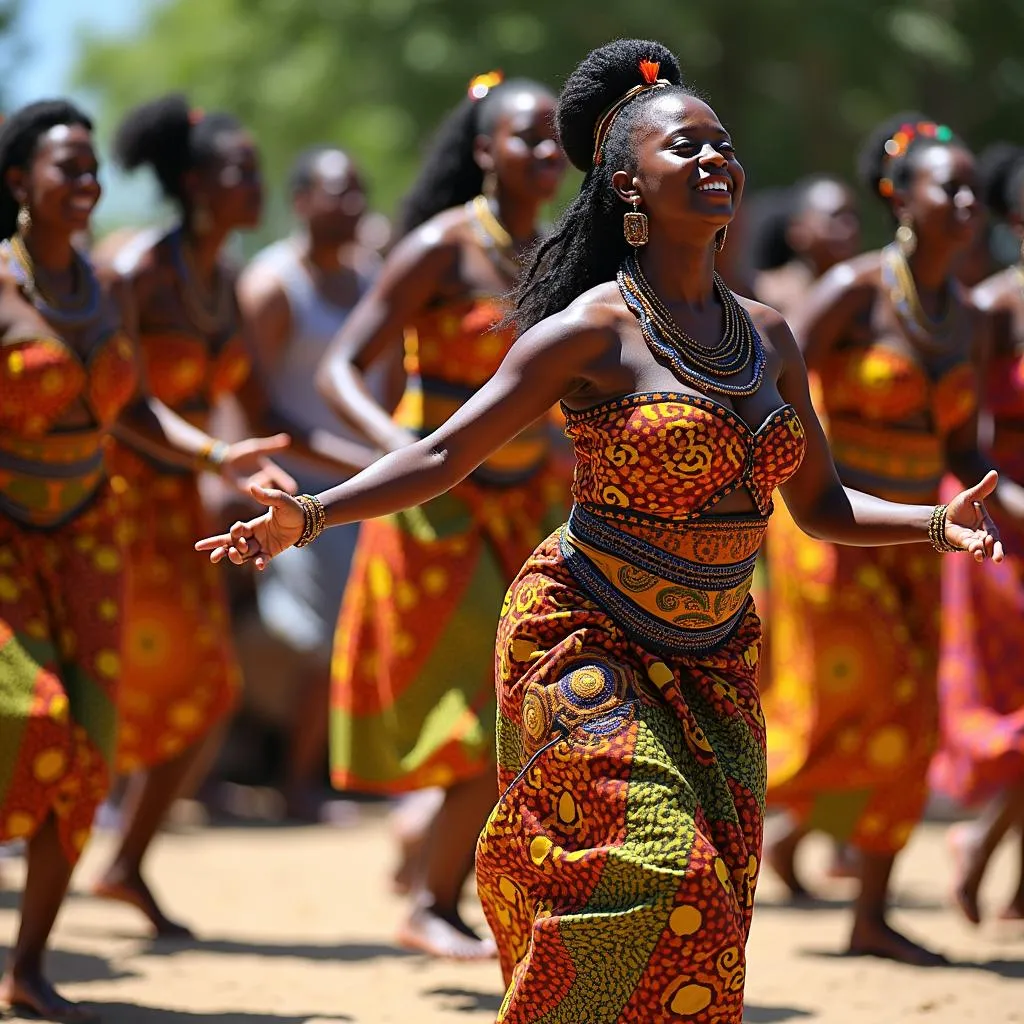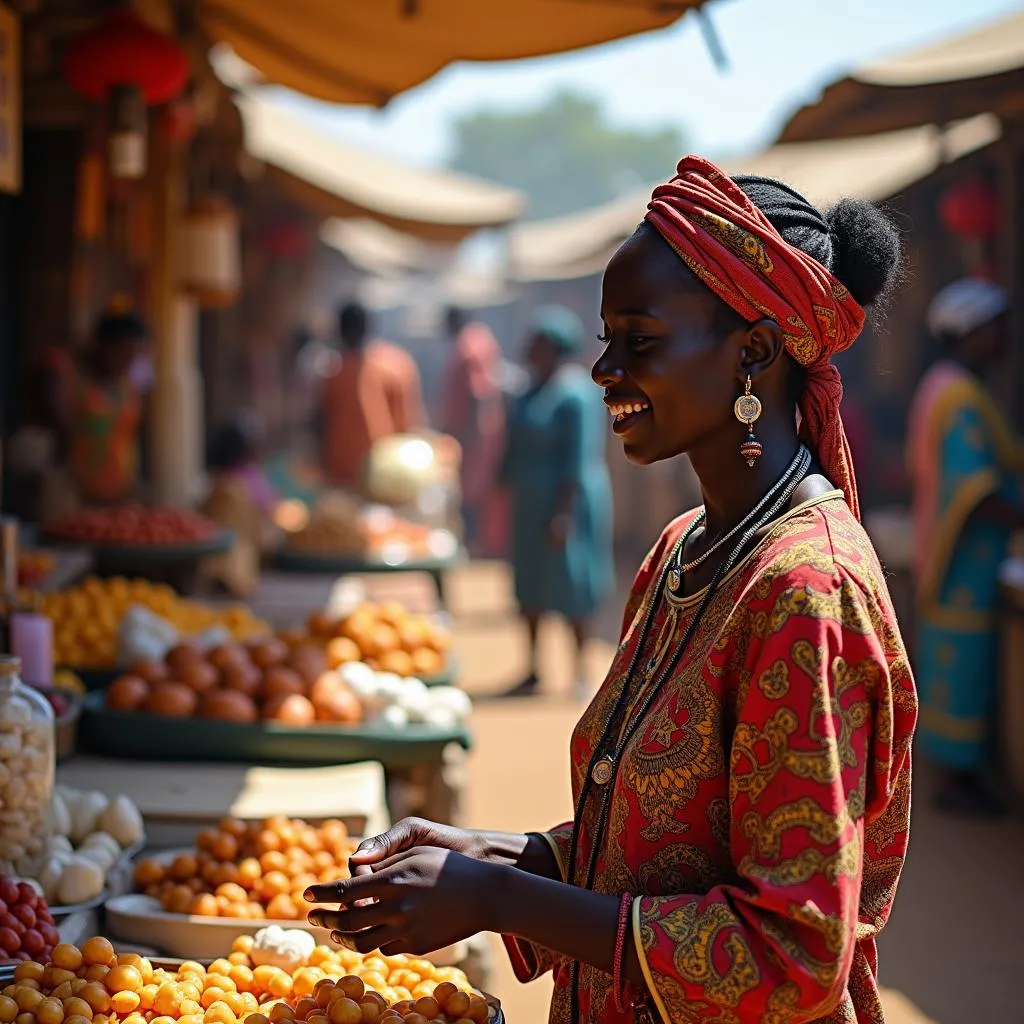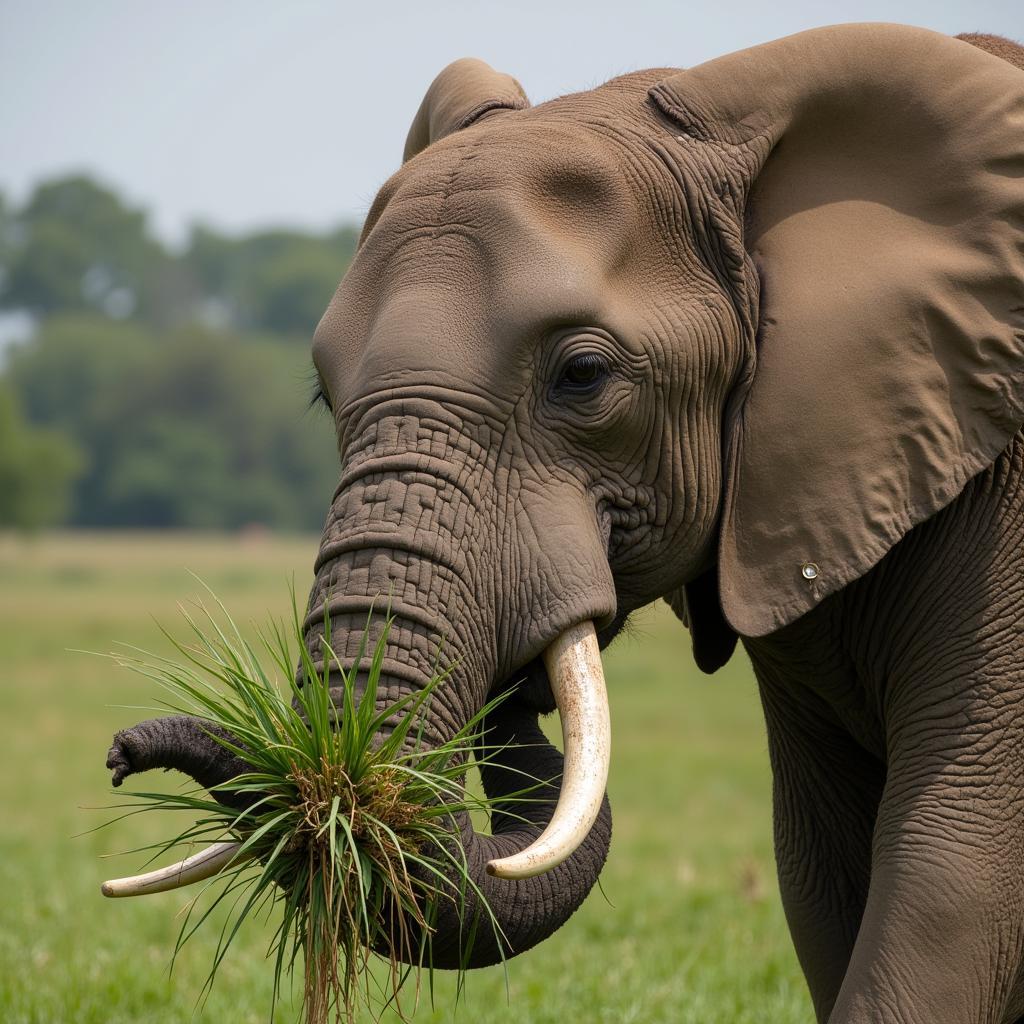African Customs: A Colorful Tapestry of Traditions
African Customs are a fascinating and diverse reflection of the continent’s rich history, vibrant culture, and strong sense of community. From traditional ceremonies and festivals to unique art forms and culinary delights, Africa offers a captivating glimpse into the ways of life that have shaped its people for centuries.
A Journey Through Time: The Roots of African Customs
The customs practiced across Africa are deeply intertwined with the continent’s historical and geographical landscape. Each region, tribe, and nation has its own unique set of traditions, shaped by various factors such as religion, beliefs, social structure, and environmental conditions. For example, in many parts of Africa, ancestral worship plays a significant role, shaping rituals, ceremonies, and even daily life.
The Importance of Community
One of the most striking aspects of African culture is the strong emphasis on community. Extended families, often living together in large households, are the cornerstone of African society. This close-knit structure provides a sense of belonging, support, and shared responsibility. It’s also reflected in traditional customs, such as collective decision-making and shared labor during tasks like farming or building.
The Celebration of Life Through Art and Music
African art and music are integral parts of its customs. Traditional dances are used to celebrate special occasions, honor ancestors, and express emotions. Musical instruments like drums, kora, and mbira are used in ceremonies, storytelling, and everyday life. Carvings, masks, and textiles are not just artistic expressions, but also powerful symbols of identity, beliefs, and social status.
A Feast for the Senses: African Cuisine
African cuisine is a culinary adventure, showcasing the continent’s diverse geography and agricultural resources. Each region boasts its own unique dishes, reflecting local ingredients and cooking techniques. Spices and herbs play a key role, adding flavor and aroma to dishes. Fufu, jollof rice, and suya are just a few examples of the delicious and varied meals enjoyed across Africa.
The Art of Storytelling
Storytelling is an essential aspect of African culture, passed down through generations. Folk tales, legends, and proverbs serve to teach moral lessons, preserve history, and entertain. These stories are often accompanied by music, dance, and dramatic gestures. The art of storytelling helps to bind communities together, strengthen traditions, and instill values in future generations.
The Power of Rituals and Ceremonies
Rituals and ceremonies are woven into the fabric of African Life. They mark important milestones such as birth, marriage, and death. Initiation ceremonies, for instance, are important rites of passage that prepare young people for adulthood and their role in society.
Respecting Traditions: A Guide to Intercultural Sensitivity
As you explore African customs, it’s crucial to approach them with respect and sensitivity. Here are some tips to keep in mind:
- Do your research: Before visiting a new area, familiarize yourself with the local customs and traditions.
- Dress appropriately: In some communities, it’s considered disrespectful to wear revealing clothing.
- Be mindful of gestures and greetings: Handshakes, bows, and other gestures have different meanings in various cultures.
- Respect religious beliefs: Africa is home to a wide range of religions, including Islam, Christianity, and traditional beliefs.
- Ask before taking pictures: Always ask for permission before photographing people or sacred sites.
- Be aware of social hierarchies: In some communities, it’s important to address elders with respect.
- Offer gifts with humility: If you’re invited to a home, it’s a thoughtful gesture to bring a small gift for the host.
The Enduring Legacy of African Customs
African customs are a testament to the resilience and adaptability of the continent’s people. They provide a rich and diverse tapestry of traditions that have shaped the lives of countless generations. As we learn about these customs, we gain a greater appreciation for the beauty, wisdom, and strength of African culture.
 African tribal dance performance
African tribal dance performance
Frequently Asked Questions
Q: What are some common African customs related to marriage?
A: Traditional African marriage customs vary significantly across different cultures. However, some common elements include:
- Dowry: A payment, often in the form of money, livestock, or other goods, given by the groom’s family to the bride’s family.
- Arranged marriages: Marriages are sometimes arranged by families, with the focus on establishing strong connections between communities.
- Extended family involvement: The wedding ceremony often involves the participation of both the bride and groom’s extended families.
Q: How are African customs changing in the modern world?
A: Globalization and modernization are having a significant impact on African customs. Some traditions are being adapted or abandoned, while others are being reinterpreted and reinvigorated.
Q: What is the significance of storytelling in African culture?
A: Storytelling is a vital part of African culture, serving as a means to transmit knowledge, values, and history. It is often used to teach moral lessons, entertain, and create a sense of shared identity.
Q: How can I learn more about African customs?
A: There are many ways to learn more about African customs. You can read books and articles, watch documentaries, attend cultural events, and travel to different regions of Africa. You can also connect with African communities online and participate in forums and discussions.
 Busy market in Africa
Busy market in Africa
Connect with us to learn more about our diverse offerings.
Contact us:
- Phone: +255768904061
- Email: kaka.mag@gmail.com
- Address: Mbarali DC Mawindi, Kangaga, Tanzania.

